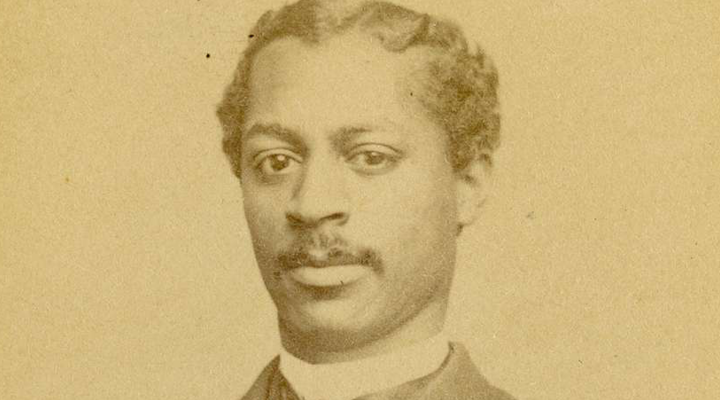In celebration of Black History Month, we’re honoring prominent Black American figures by showcasing their stories. In the world of dentistry, Robert Tanner Freeman is a name to be both recognized and remembered. Known as the first Black American dentist in the United States, Freeman’s perseverance played a crucial role in laying the foundation for the future of Black American dentists.
A brief history of dentistry
Before the 1800s, dentistry was mainly practiced by dentists who were self-taught or learned the trade via an apprenticeship. Local dentists often offered services without any formal education. It wasn’t until 1840 that dentistry became an established profession with the opening of the first dental college, Baltimore College of Dental Surgery. The first university-based dental program, the Harvard Dental School, opened its doors in 1867.
Dr. Robert Tanner Freeman’s path to dentistry
Robert Tanner Freeman was born in Washington, D.C., in 1846. During a time when dental apprenticeships were the norm, he trained under Dr. Henry Bliss Noble, who played a pivotal role in convincing Freeman to apply to dental school. He took this advice, and after being denied to two schools due to racial prejudice, Freeman was accepted into Harvard Dental School in 1867, just two years after its opening.
Robert Tanner Freeman was one of six students to receive a Doctor of Dental Medicine from Harvard University Dental School in 1869. He returned to Washington, D.C., and opened his own practice. During this time, he mentored young Black Americans interested in pursuing medical and dental careers. Tragically, Freeman died just four years later, on June 14, 1873, of an unspecified type of water-borne disease.
Dr. Robert Tanner Freeman’s impact on modern dentistry
Despite his early death, Dr. Robert Tanner Freeman’s legacy lived on to inspire future generations. His bravery and success paved the way for others to pursue careers in dentistry. Prominent Black Americans followed in his footsteps, including George F. Grant, who graduated from Harvard one year after Tanner, and Ida Nelson Rollins, who became the first female dentist in 1890.
Dr. Robert Tanner Freeman’s legacy was also recognized by the Washington Society of Colored Dentists, which was founded on Nov. 14, 1900, when it later changed its name to the Robert T. Freeman Dental Society.
Freeman’s influence continues to impact the representation of Black Americans in dentistry. Many dental colleges now participate in diversity and inclusivity programs, and institutions such as the American Dental Education Association offer support through their policies, mission, and programs.

